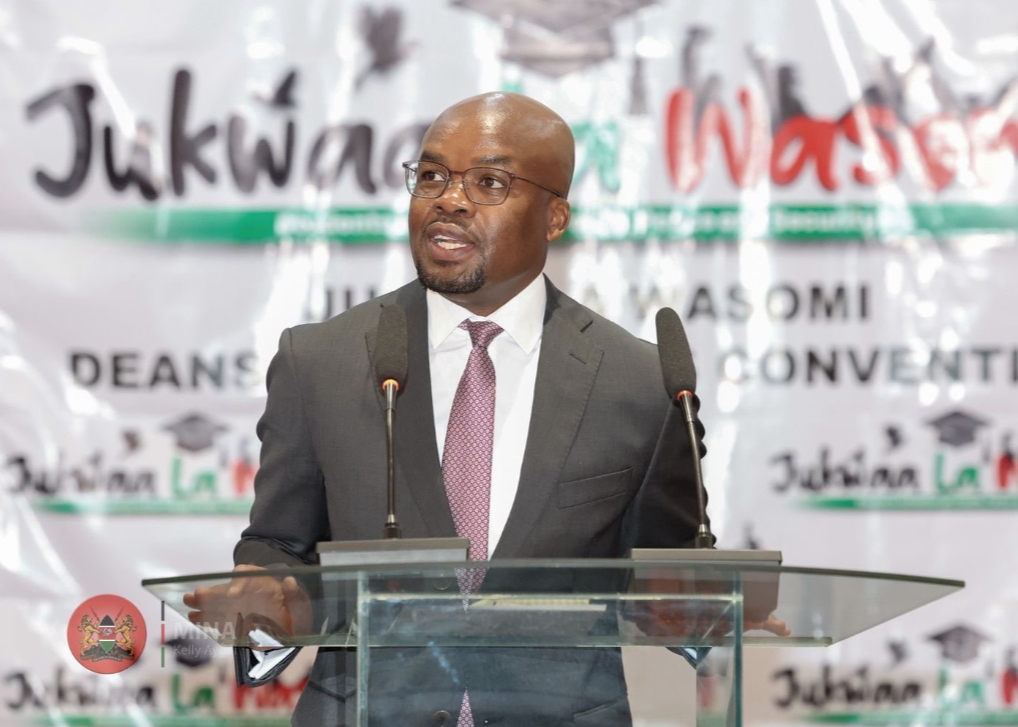

The government has called for stronger partnerships between state agencies, university management, and students to address security and welfare concerns in institutions of higher learning.
Speaking during a high-level security forum at the University of Nairobi, Interior Principal Secretary Dr. Raymond Omollo emphasised that the challenges affecting students —ranging from drug and substance abuse, gender-based violence, student unrest, and mental health issues—require urgent, collective, and sustainable solutions.
“To think that such cases are being experienced within our institutions of higher learning is a wake-up call — a clear indication that something has gone terribly amiss,” said Omollo.
“We must therefore find sustainable and collective solutions to address this challenge and restore safety, dignity, and trust in our learning environments.”
Omollo noted that the national prevalence of sexual and gender-based violence (SGBV) stands at approximately 36 percent, describing the figure as “quite significant.”
He stressed that such statistics reflect a broader societal problem that must be addressed urgently within campuses.
The PS reaffirmed the government's commitment to strengthening youth participation in peace-building, while ensuring continuous improvement in safety and security standards in higher learning institutions.
He spoke during Jukwaa la Wasomi: Deans of Students Convention and Security Agencies Summit, a forum organised by the Universities and Colleges Peace Association of Kenya (UCSPAK) in partnership with the State Department for Internal Security and National Administration.
The event brought together deans of students, university leaders, student representatives, and security officials for discussions under the ongoing Jukwaa la Usalama national dialogue series, led by Interior Cabinet Secretary Kipchumba Murkomen.
The summit served as a collaborative platform to identify emerging threats, explore practical solutions, and enhance structured engagement between universities, students, and security stakeholders.
Omollo highlighted the vital role that university management—particularly deans of students—play in addressing the evolving needs of learners.
“You start very early and stop very late, because as a Dean of Students, you handle all manner of cases. It’s quite remarkable — the kind of challenges you go through every single day,” he said.
He emphasised that for many students, the dean of students is often the first point of contact when facing personal or academic crises.
“When a student is in distress — whether it’s due to academic pressure, family problems back at home, relationship difficulties, or mental health struggles — you are always the first responder. You take time to engage them, listen to them, and help them find solutions, even when the resources or capacity to do so are limited,” Omollo added.
The PS urged universities to scale up early warning systems, counselling services, and peer-to-peer support networks to help manage rising mental health concerns.














